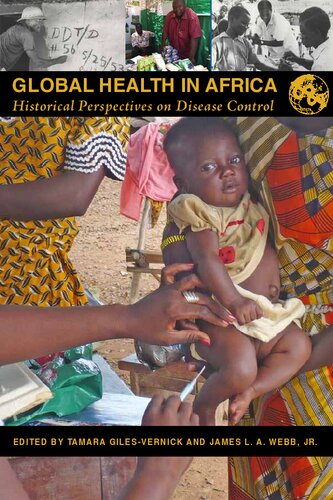بیوپولیتیک: مقدمه ای پیشرفته ۲۰۱۱
Biopolitics: An Advanced Introduction 2011
دانلود کتاب بیوپولیتیک: مقدمه ای پیشرفته ۲۰۱۱ (Biopolitics: An Advanced Introduction 2011) با لینک مستقیم و فرمت pdf (پی دی اف)
| نویسنده |
Thomas Lemke |
|---|
| تعداد صفحهها |
145 |
|---|---|
| نوع فایل |
|
| حجم |
519 Kb |
| سال انتشار |
2011 |
89,000 تومان
معرفی کتاب بیوپولیتیک: مقدمه ای پیشرفته ۲۰۱۱
ویژگی های بیولوژیکی انسان در حال حاضر به روش هایی اندازه گیری، نظارت و درک می شوند که قبلاً هرگز وجود نداشته است، هنجارها را تعیین می کنند، استانداردها را تعیین می کنند و مقادیر متوسط را برای زندگی انسان تعریف می کنند. در حالی که ایده “زیست سیاست” با همه چیز از تصمیم گیری منطقی و سازماندهی دموکراتیک زندگی اجتماعی گرفته تا اصلاح نژاد و نژادپرستی مرتبط بوده است، توماس لمکه اولین مرور سیستماتیک از تاریخ ایده زیست سیاسی را ارائه می دهد. اهمیت آن در بحث های نظری معاصر و ارائه یک آغازگر بسیار مورد نیاز در مورد این موضوع. لمکه توضیح می دهد که زندگی به یک عامل مستقل، عینی و قابل اندازه گیری و همچنین به یک واقعیت جمعی تبدیل شده است که می توان آن را از ارگانیسم های عینی جدا کرد و از تجربه فردی جدا کرد. این نشان می دهد که چگونه درک ما از فرآیندهای زندگی، سازماندهی جمعیت، و نیاز به «حکومت» بر افراد و گروه ها منجر به اعمال اصلاح، طرد، عادی سازی و انضباط می شود. در این کتاب به وضوح نوشته شده، لمکه مخاطرات و بحث های پیرامون بیوپولیتیک را شناسایی می کند، مروری سیستماتیک از تاریخچه این ایده ارائه می کند و ارتباط آن را با بحث های اجتماعی و نظری معاصر نشان می دهد.
The biological features of human beings are now measured, observed, and understood in ways never before thought possible, defining norms, establishing standards, and determining average values of human life. While the notion of “biopolitics” has been linked to everything from rational decision-making and the democratic organization of social life to eugenics and racism, Thomas Lemke offers the very first systematic overview of the history of the notion of biopolitics, exploring its relevance in contemporary theoretical debates and providing a much needed primer on the topic.
Lemke explains that life has become an independent, objective and measurable factor as well as a collective reality that can be separated from concrete living beings and the singularity of individual experience. He shows how our understanding of the processes of life, the organizing of populations and the need to “govern” individuals and collectives lead to practices of correction, exclusion, normalization, and disciplining. In this lucidly written book, Lemke outlines the stakes and the debates surrounding biopolitics, providing a systematic overview of the history of the notion and making clear its relevance for sociological and contemporary theoretical debates.















